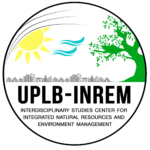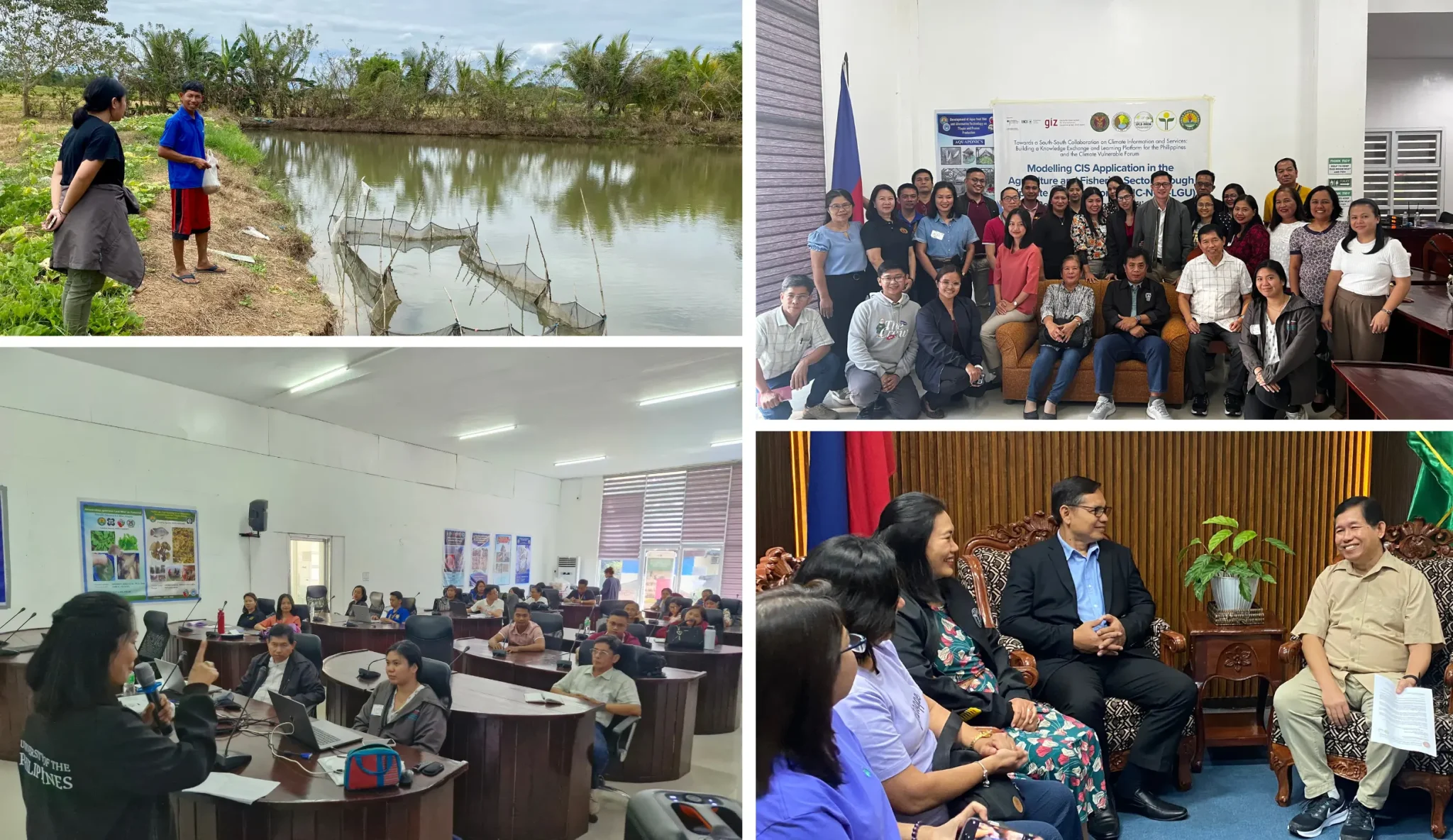As part of the project “Modelling CIS Application in the Agriculture and Fisheries Sector Through Tripartite Collaborations (SUC-NGA-LGU) in Region II, Northern Philippines,” the UPLB Interdisciplinary Studies Center for Integrated Natural Resources and Environment Management (UPLB-INREM), in partnership with Isabela State University (ISU), conducted a series of focus group discussions (FGDs) and survey pre-tests in Isabela Province from March 19 to 22, 2024.
These activities aimed to collect data and information for the capacity needs assessment of state universities and colleges (SUCs), local government units (LGUs), farmers, and fisherfolk.
The series of FGDs commenced at the Cagayan Valley Freshwater Fisheries Center and Cagayan Valley Agricultural and Aquatic Resources Research and Development (CVAARRD) at ISU, Echague.
INREM held discussions with research and extension heads and directors of ISU campuses in San Mariano, Echague, Cabagan, San Mateo, Roxas, and Ilagan and two Quirino State University (QSU) campuses of Diffun and Maddela.
As an introduction to the FGD, Dr. Juan M. Pulhin, project leader, provided an overview of the project, its objectives, and the conceptual framework for CoP.
He emphasized the need for collaboration among LGUs, NGAs, SUCs, farmers, and fisherfolk for climate information services (CIS).
Dr. Maricel T. Villamayor, assistant project leader, facilitated the FGD discussions, focusing on the current and future effects of climate change on the agriculture and fisheries sector, CIS from the perspectives of users, producers, translators, and disseminators, and the potential participation of institutions in the Community of Practice (CoP).
Following discussions with SUCs, the project team engaged farmers on March 20. Led by Aileen Simondac-Peria and Dr. Rose Jane J. Peras, project technical staff, farmers identified extreme weather conditions, typhoons, and drought as major challenges affecting rice and crop production.
Furthermore, they highlighted using CIS, such as weather forecasts and early warning systems from radio and television, to guide farming activities.
On March 21, fisherfolk, particularly fishpond owners, participated in an FGD where they shared how changing weather patterns affect their fish production, highlighting extreme environmental temperature’s impact on fish growth. They also mentioned relying on CIS, mainly from radio and PAGASA forecasts, for climate information.
In addition to the FGDs, the UPLB-INREM and ISU project teams, headed by Dr. Pulhin and Dr. Orlando Balderama, respectively, refined data-gathering tools such as the FGD protocol and survey questionnaires for the week-long activities and discussed the project and future steps.
On March 22, the UPLB-INREM project team paid a courtesy visit to Dr. Ricmar P. Aquino, ISU president. They discussed the Cagayan Valley region’s current environmental and climate change scenario and explored potential partnerships between UPLB-INREM and ISU, focusing on initiatives like the 2050 Agriculture and Fisheries Outlook in Region II.
The project’s week-long fieldwork activities culminated in pre-testing the capacity needs assessment survey questionnaires. The UPLB-INREM project team conducted the pre-test in Barangay Arabiat and Barangay Dammang West in Echague, engaging with local farmers to test the survey instrument. Based on the insights gathered, the project team will refine the questionnaire in preparation for data collection tentatively scheduled for April. (Marielle Baliwag and Lyra Mae Puno)
This article was originally posted at the UPLB News Site here.

